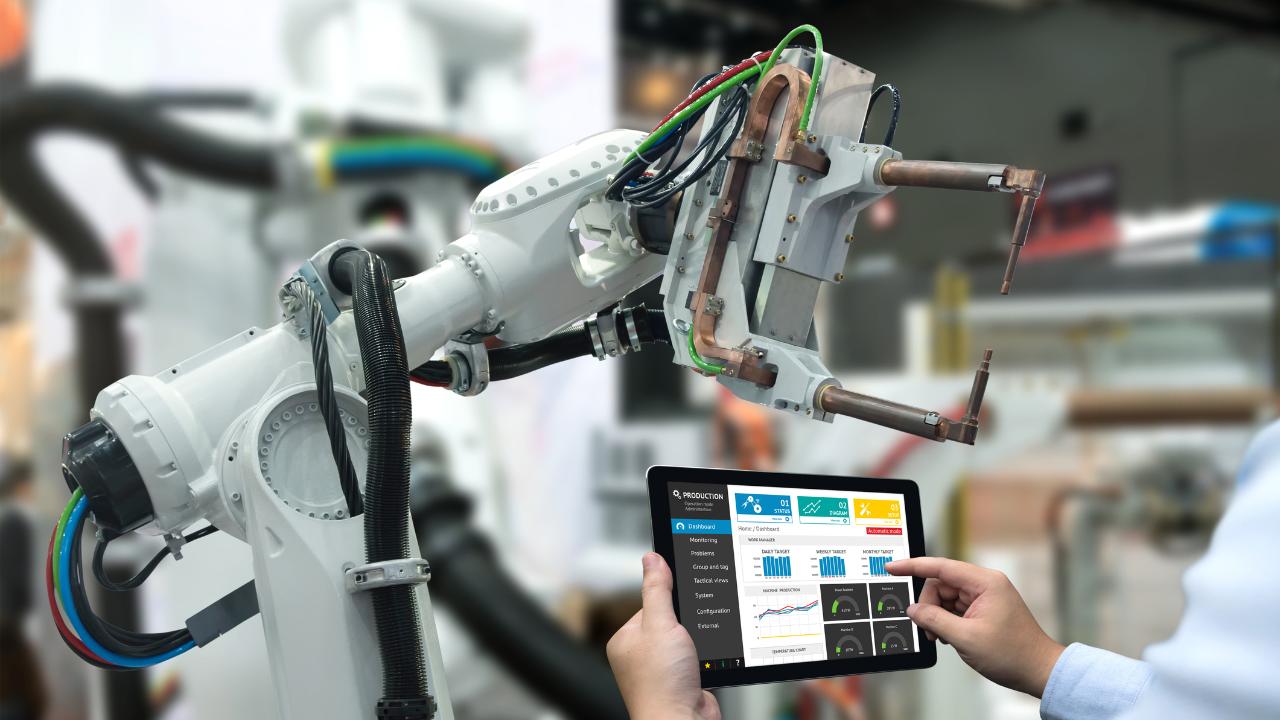Rise of the robots: There won't be enough work to go around, fmr. Apple CEO says
In 10 to 15 years, robots will be able to write better computer code than even the most skilled coders today, according to former Pepsi president and Apple CEO John Sculley, a development that is representative of the growing role of artificial intelligence (AI) in the workforce.
“AI is foundational for almost everything that will be in the business world as we move further and further into the century,” Sculley told FOX Business. “The concept of work will look different in 10 or 20 years.”
Artificial intelligence will have “huge implications” on the workforce, Sculley said, leading to an increased number of people working for themselves and the need for skilled workers to be able to retrain in order to take advantage of new job opportunities.
Experts surveyed by the Machine Intelligence Research Institute anticipate a 50% probability that all jobs will be able to be completed by robots in slightly more than 120 years. In the near-term, PricewaterhouseCoopers (PwC) predicted that as many as 38% of U.S. jobs could be assumed by robots by 2030.
PwC’s study suggested that it may not be a net negative for human laborers, however, as new forms of work would likely arise as a result. Consequently, some individuals’ incomes would grow, although those increases may not be evenly dispersed across the population, begging the need for some sort of government intervention, the researchers concluded.
Universal basic income (UBI), or a government stipend paid to individuals on an unconditional basis, has been floated as a potential remedy to counteract the consequences of AI. Sculley, however, thinks the U.S. will have to come up with something “quite different than UBI,” because trying to implement such a solution would likely be “incredibly complex.”
Instead of simply supplementing income, the business world is going to have to reimagine the way it conceptualilzes work, the former Apple CEO and co-founder of Zeta Interactive said.
“There isn’t going to be enough [work] to go around in [the] current construct,” he said. “What is work? Where does it get done? How does it get done? ... All these things are going to get challenged.”
While 72% of Americans have expressed concern about robots stealing their jobs, with 25% describing themselves as “extremely worried,” Sculley believes the AI trend could actually present new growth opportunities for employees.
“There’s been a lot of speculation … is AI something to be feared? I tend to be more optimistic… having grown up in Silicon Valley during the era of the tool builders … I’m a big believer that AI is actually going to enable people with better and better tools,” he said.




















